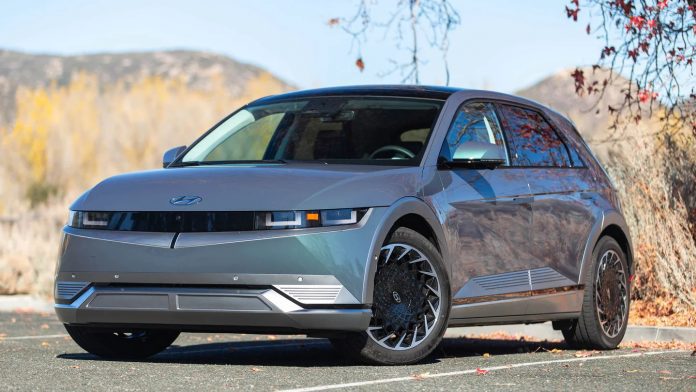The Office of Defects Investigation at the NHTSA opened a preliminary investigation after several American Hyundai owners of the popular Ioniq 5 electric SUV complained of losing propulsive power, either completely or partially.
Hyundai said it will offer a software update beginning next month and replace affected components if necessary. In addition, the automaker indicated in an initial review that a power surge damaged transistors and prevented vehicles’ 12-volt batteries from recharging.
The NHTSA said it received 30 complaints about the issue in 2022 models, of which it estimated 39,500 were on U.S. highways. Moreover, numerous complaints were filed following owners hearing loud, popping noises.
A spokesperson for the company, Ira Gabriel, said Hyundai is fully cooperating with the investigation and launched a service campaign in July to update affected vehicles’ software and replace the component involved. It’s called an Integrated Control Charging Unit.
Automakers’ rapid global rollout of EVs to combat climate change has been accompanied by technical issues, such as battery recalls for fire risks. Due to the possibility of the high-voltage battery catching fire, Jaguar recalled more than 6,000 I-Pace electric SUVs in the U.S. last month.
Since February 2020, recalls have also been made by General Motors, Mercedes-Benz, Hyundai, Stellantis, and Volkswagen, the majority of which are related to internal battery problems that can raise the danger of fires.
Additionally, the U.S. National Transportation Safety Board looked into several Tesla vehicle fires. It concluded that high-voltage lithium-ion batteries provide a safety concern to emergency personnel in the aftermath of collisions.
Ultimately, many governments rely on EVs to replace gasoline-powered cars that release greenhouse emissions that contribute to global warming.




